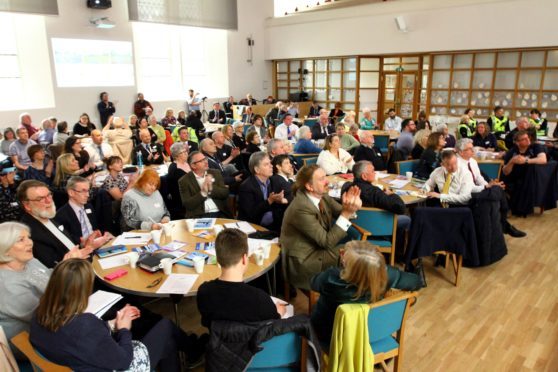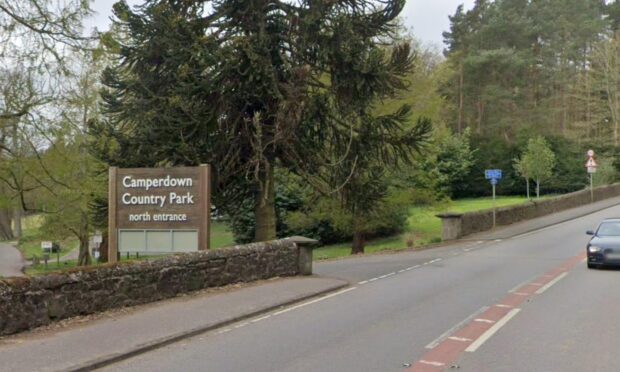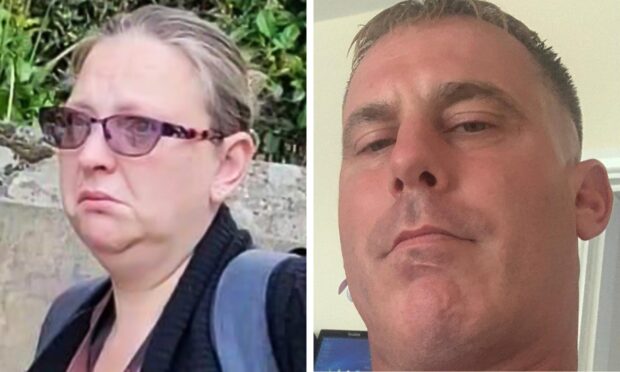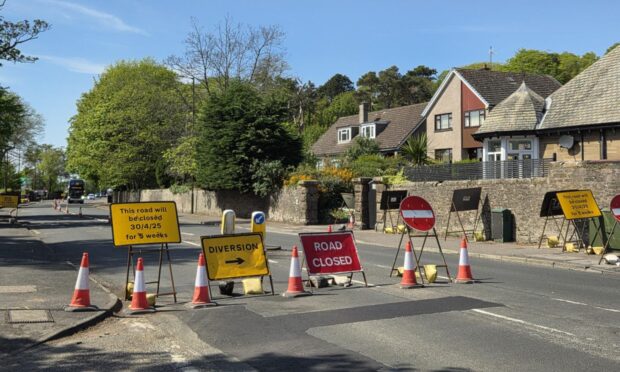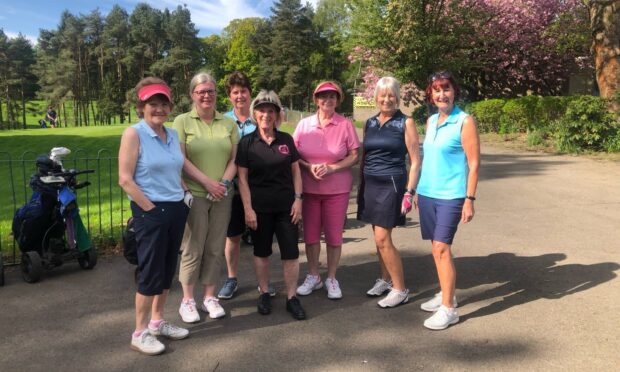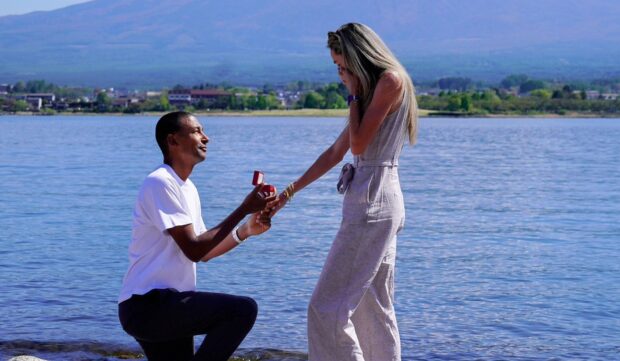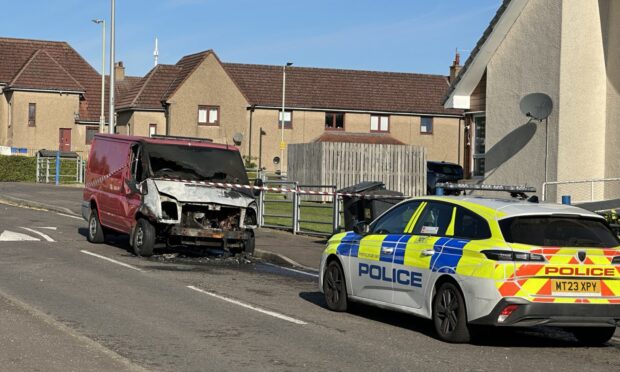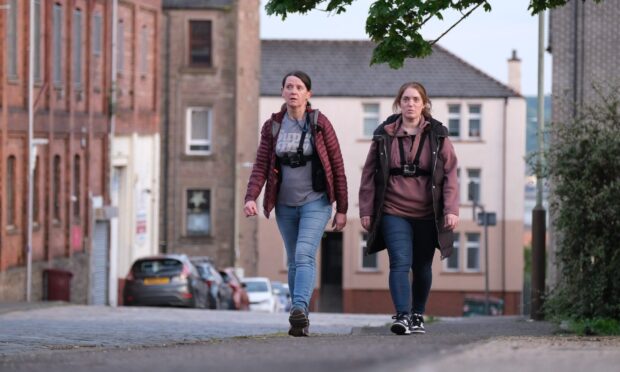Democracy is rubbish.
In principle, it’s a wonderful thing and it’s infinitely better to have it than not, but voting itself is always anti-climactic.
Often you just end up voting for what you think is the least worst option on the paper, rather than a candidate who genuinely inspires you.
In fact, the most empowered I’ve felt in a voting booth was in the 2005 General Election when I decided, for the first and only time, to spoil my ballot.
Rather than any of the candidates , I decided to write “Batman” at the top of my paper with “because none of these Jokers are good enough” at the bottom which, I presumed, would accurately and witheringly express my disdain for the candidates on offer to the single teller who would be discounting my ballot.
Unfortunately, being terribly British about these things, as soon as I scratched “Batman” at the top of the paper I realised everyone else in the polling station would know what I was doing as writing “because none of these Jokers will do” takes much, much longer than just putting a cross next to a name.
So I lost my bottle and scarpered. Which is how I, like an idiot, became the only person in Dundee’s history to vote for a superhero in an election.
The problem with elections – at every level from local government on upwards – is that while we know every vote counts, our individual actions seem pretty inconsequential when the result is announced.
This may be why both the Scottish independence and Brexit referendums have created such ill-feeling – in each case the binary choices on offer meant nearly half the electorate was left feeling their opinions simply did not matter.
Conversely, when people do feel engaged and genuinely feel their voice is an important part of the process, the results tend to be more uplifting.
We saw that last week when the results of Dundee Decides were announced. Communities across the city were given the chance to vote on how to spend £1.2 million of funding to improve infrastructure, divvied up between the eight council wards.
More than 11,000 people took part and while there will be disappointment for those who supported projects that did not win, every single community will be able to see the tangible results of the ballot sooner rather than later.
The projects may be small and the £1.2 million may seem like a drop in the ocean in grand scheme of things, but if Dundee Decides helps give people a feeling of control over their lives and communities then maybe democracy isn’t so bad after all.
